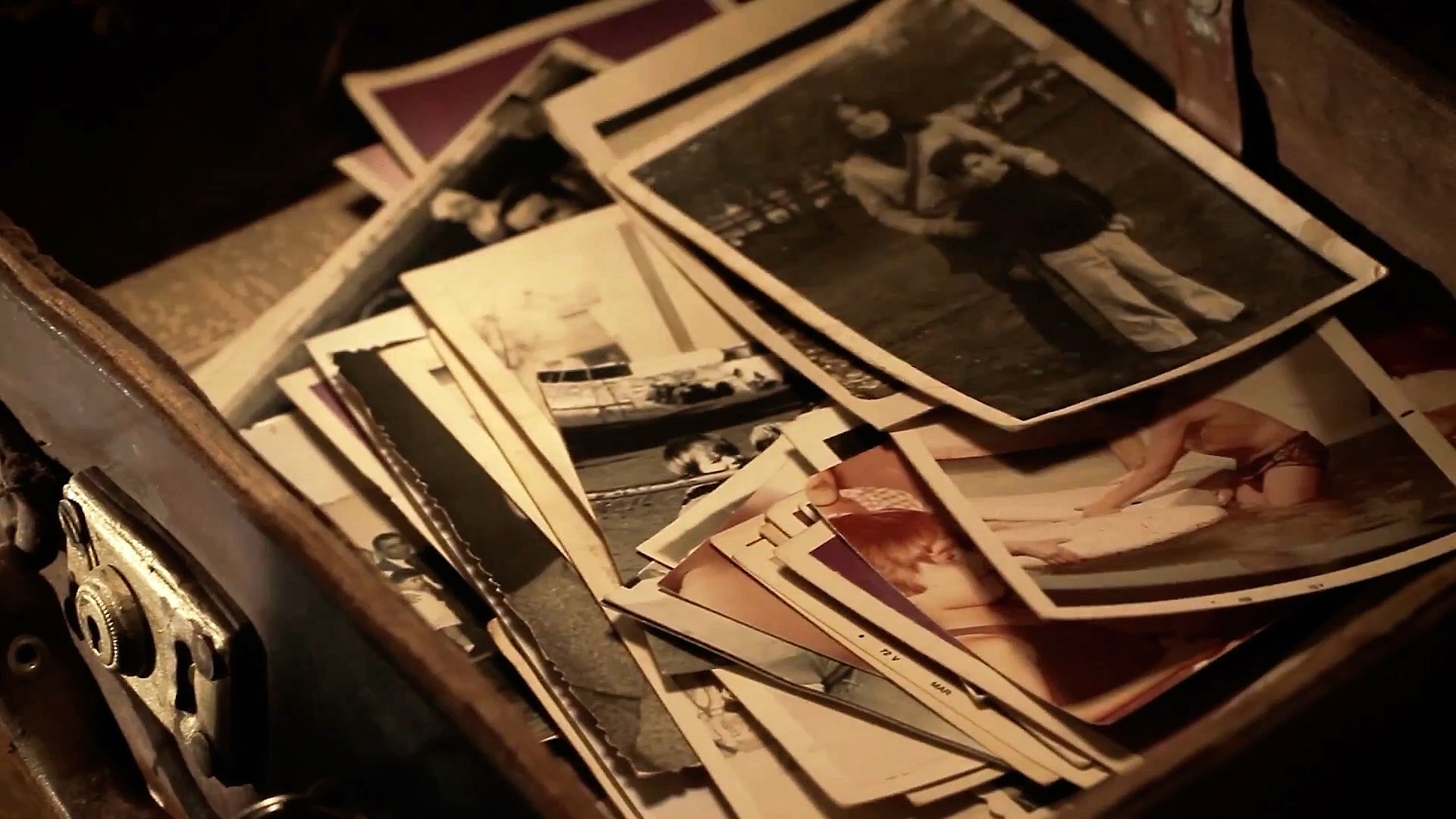
Cast & Crew
4 members
Acting
Carli De La Fuente
Carli De La Fuente
No Image
Acting
Pablo De La Fuente
Pablo De La Fuente
No Image
Acting
Martín Fresneda
Martín Fresneda
No Image
Acting
Ramiro Fresneda
Ramiro Fresneda
No Image

Carli De La Fuente
Pablo De La Fuente
Martín Fresneda
Ramiro Fresneda